By Dan Byman

One of the joys of being an academic and a think tanker is that you can take potshots at policymakers from the sidelines and explain to them — ideally in slightly condescending terms — why their policies will fail, without having to spell out in any serious detail an alternative that has a snowball’s chance of gaining international and domestic support and working on the ground. For over a year now, I and many others have warned that the situation in Syria was going from bad to worse. The initial hope that Bashar al-Asad would go the way of Egypt’s Mubarak and Tunisia’s Ben Ali was not foolish – it was just wrong. Bashar’s regime was pressed hard, and many informed observers saw him as (here I’m quoting the technical term used by a colleague I won’t name) “toast.”
For at least the last six months and probably the last nine, however, such optimism was starry eyed. Syria is a grinding stalemate, with the regime unable to subdue the demonstrators while the opposition is too weak militarily and divided politically to triumph. Meanwhile, the violence escalates. So what to do?
Let’s rule out doing nothing and, for that matter, direct American military intervention à la Iraq. The doing nothing option is the default, and perhaps in the end justified, but it doesn’t require much imagination or expertise to figure out what it means. No one (okay, almost no one) is calling for the United States to invade Syria either – one of the few things that Republicans, Democrats, the Syrian opposition, and the Asad regime can agree on. So we’re left with a few in-between options, and I’ll briefly lay out my views on the pluses and minuses of each.
Option One: Talk Talk (aka “The Annan Plan”). The United States, working with allies, could try to convince the Asad regime to accept a ceasefire and work toward a political transition that removes the dictator and a few cronies and replaces them with more apolitical figures (Yemen is often mentioned as a model for this). The problem is that Asad doesn’t seem inclined to go and is using the breathing space negotiations provide to kill even more. And even if he left, the apparatchiks who would take his place are not technocrats seeking only to serve the Syrian people but rather part of the old system – the same one that the Syrian opposition vehemently rejects and that, from a US point of view, is tied to Iran and other baddies. So while this option fits the criteria of doing something to end the violence, few seem to want this outcome, and there doesn’t to be a way to force the issue.
Option Two: Chokehold. Here we get to standard coercion – using the threat and reality of diplomatic isolation and economic sanctions to push Asad and his regime to give in. However, as University of Chicago political scientist Bob Pape pointed out in his work on sanctions over a decade ago, it takes a lot to force an autocratic regime to surrender power and sanctions usually lack the necessary oomph. And indeed sanctions can strengthen the dictator’s power as they devastate the independent middle class and increase the importance of access to the regime. In Syria, sanctions hit the country hard, but support from Iran and Russia, smuggling, and other work-arounds that countries figure out in duress seem to be allowing Asad to hold on. Syria as a country, however, is being hollowed out.
Option Three: Help the Refugees. Okay, if we want to avoid too much involvement, maybe we can just help the refugees and otherwise alleviate a humanitarian disaster. Here social scientists have a lot to say, with Richard Betts of Columbia warning that claiming to be impartial while intervening is a “delusion” while Sarah Lischer tells us that refugees can often be carriers of conflict. And, of course, helping refugees may perversely increase refugee flows and take the wind out of the opposition’s sails, strengthening the regime by default. And whether we help or not, the killing continues.
Option Four: Arsenal of Democracy. If we won’t do the job ourselves, and negotiations and pressure won’t work, perhaps we can help the Syrian opposition win the war. This, in case you were wondering, is the option I favor. The opposition is being armed anyway, and U.S. and allied support might help make them more competent militarily and strengthen the moderate elements among them. A comprehensive policy to arm the opposition also might reduce its fragmentation. Over time, the opposition could – note the conditional word and all the “mights” I’ve been using in this paragraph – become more formidable. Yet for all that this option has many problems. The opposition, even after over a year of bloodletting, remains deeply divided. And providing the opposition with arms risks strengthening military voices over peaceful ones. The equipment and training disparity between the Syrian Army, poor as it is, and the opposition remains considerable, so even if this approach works it will take quite a long time, during which many innocent Syrians will die. And then the Syrian opposition gets to run a fractured and devastated country.
Option Five: Angels on Their Shoulders. To speed things up, Turkey, NATO, or the United States – pick your formidable military – could help the opposition as was done in Libya. Using airpower could tip the balance and enable the opposition to overcome the regime’s military advantages in far less time than Option Four would take. Syria, however, is not Libya. Its military and air defenses are better, the terrain is less favorable to air operations, Iran (and probably Russia) would “balance” against intervention and back Assad further, and there would be less diplomatic and domestic support.
All these options are flawed. And, not surprisingly, the most effective ones are the most difficult to pull off. For those who are gluttons for punishment, several of my colleagues at Brookings and I wrote a related, and longer piece on a similar topic. My hope is that others reading and writing on this site will weigh in to expand on these options or lay out new ones, as I think we can all agree that current U.S. policy is getting nowhere.

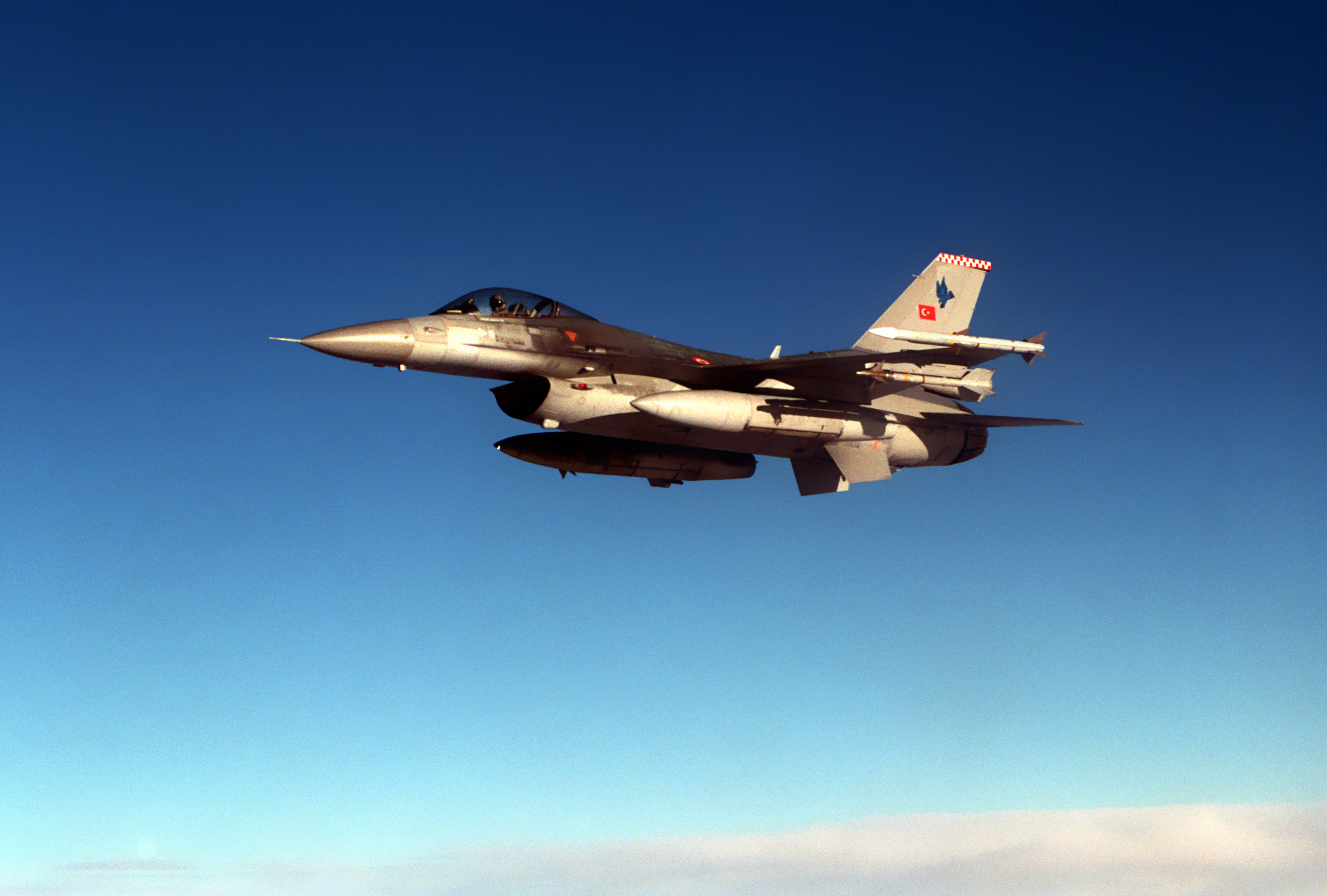
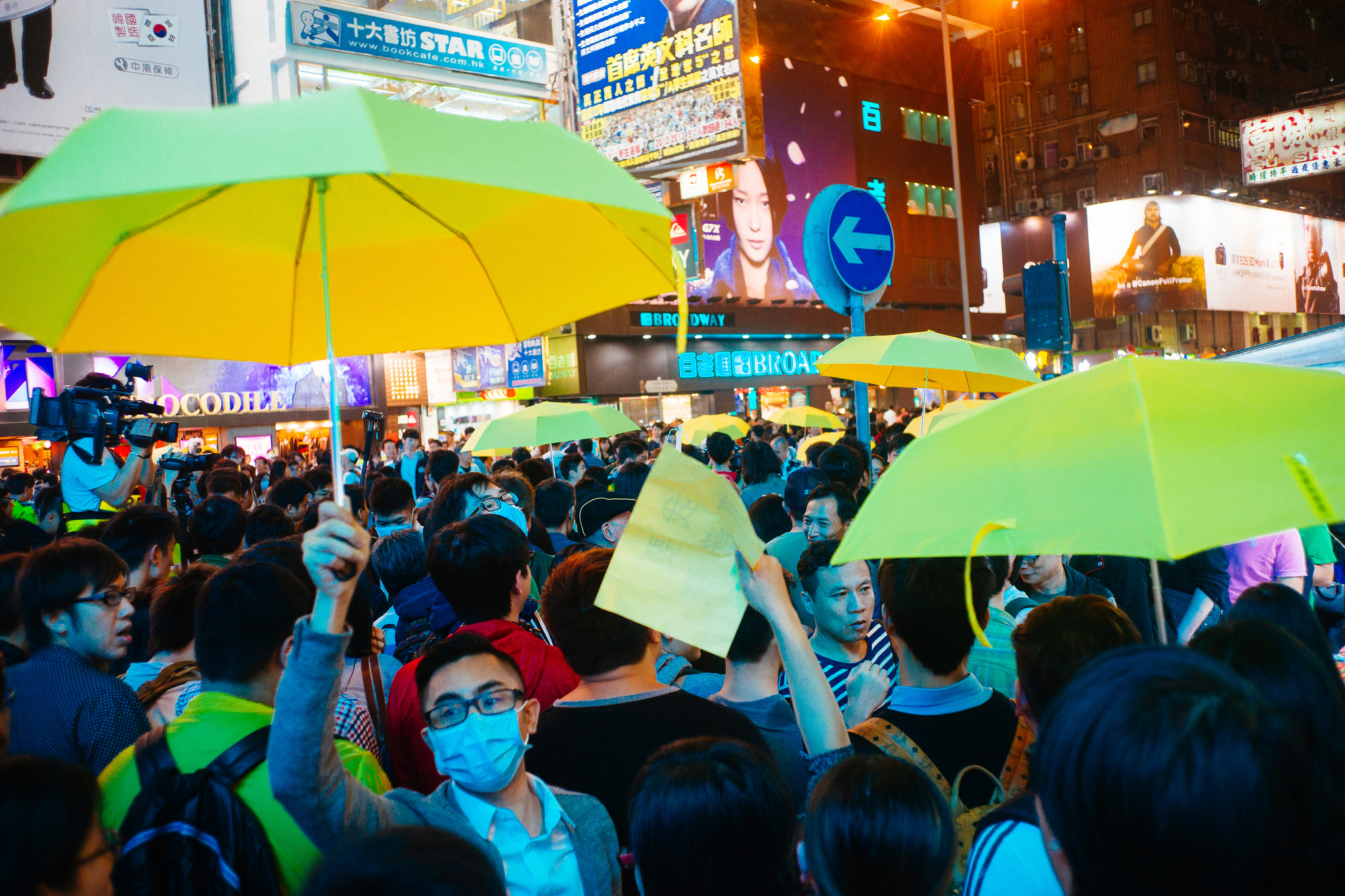

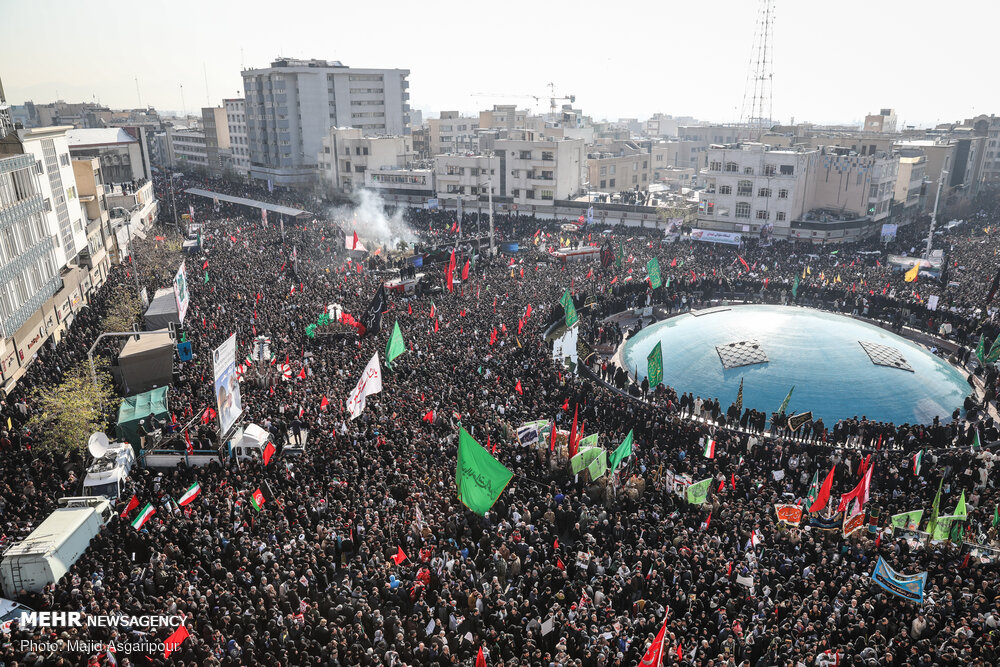
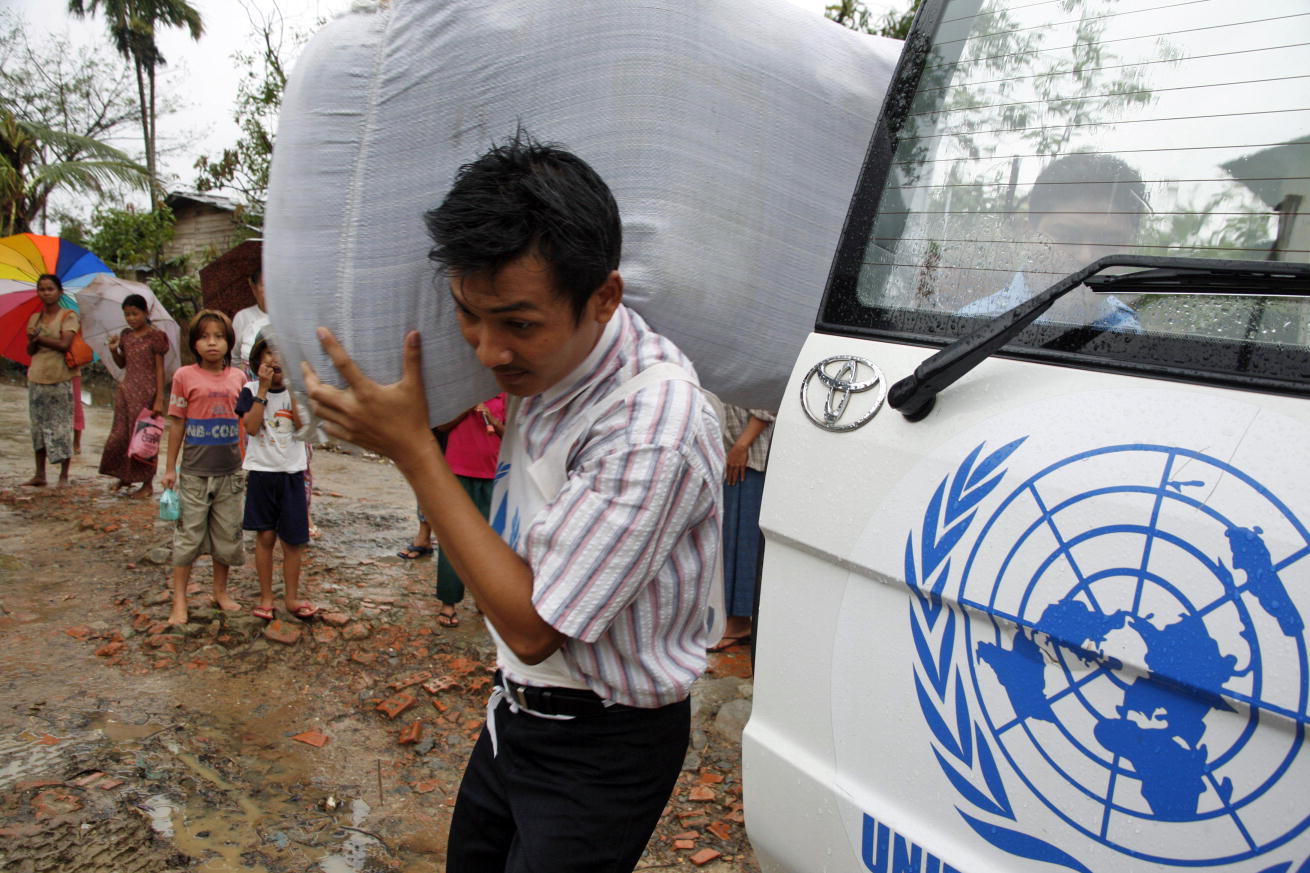
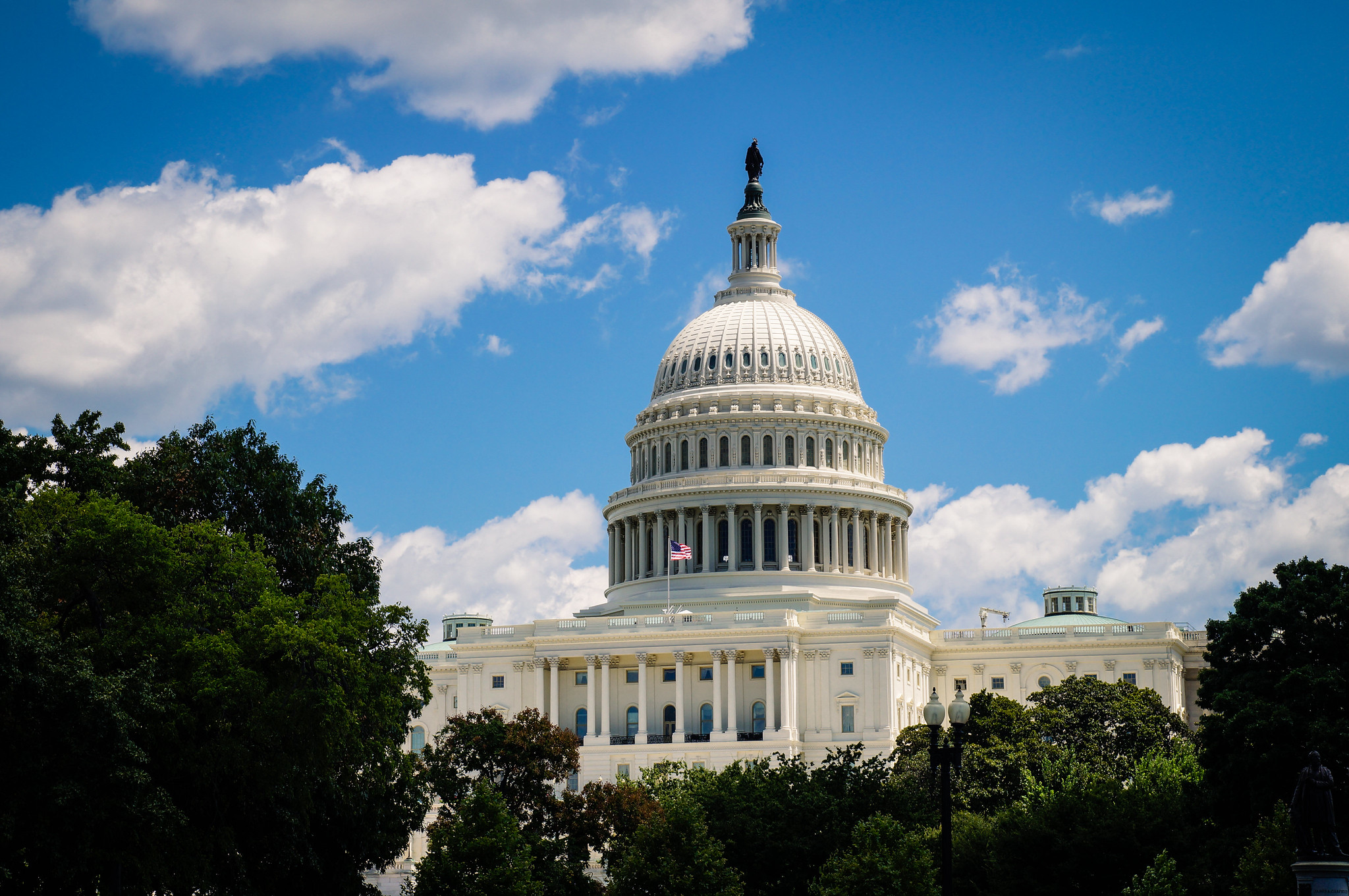
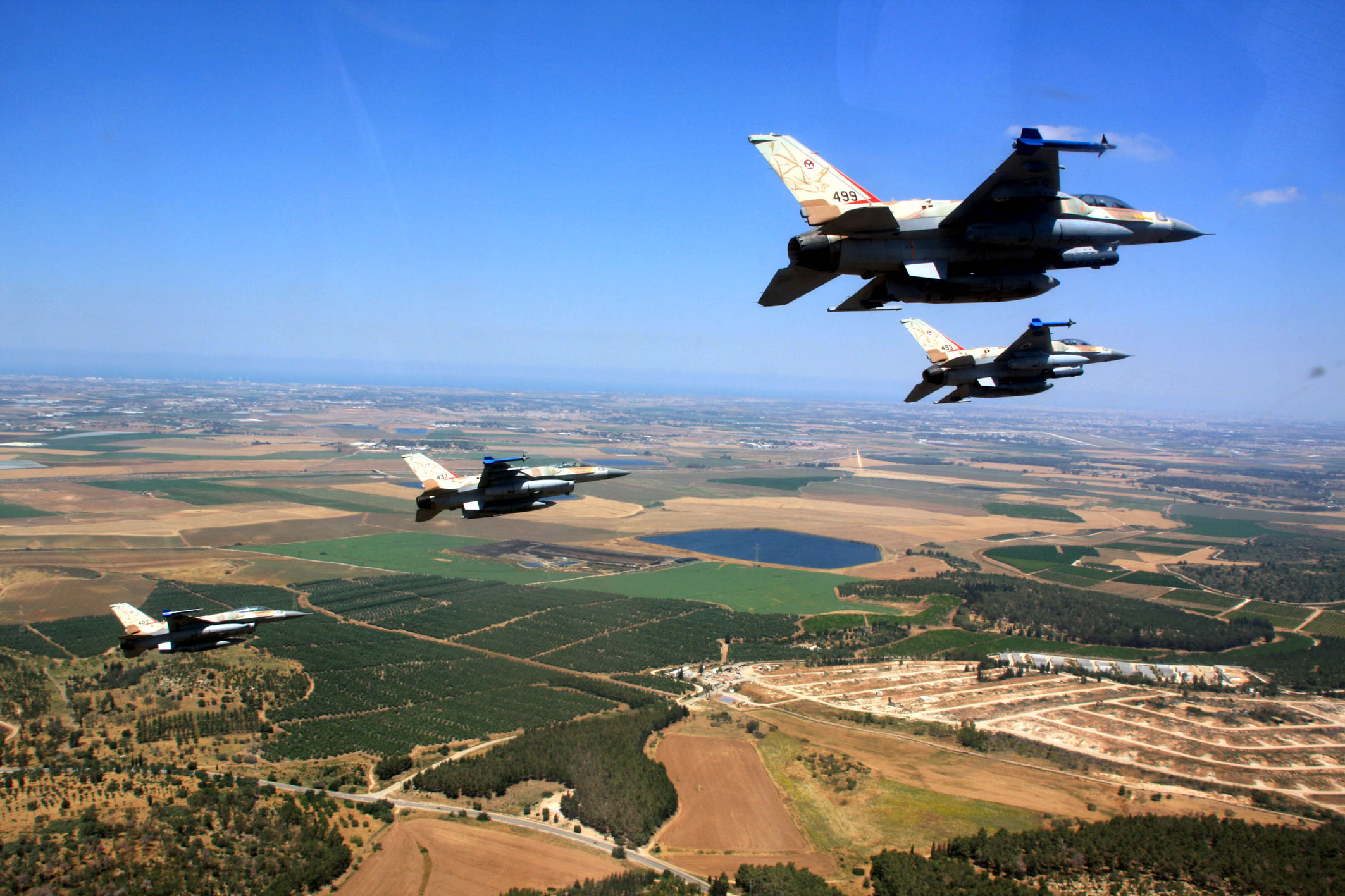
0 comments